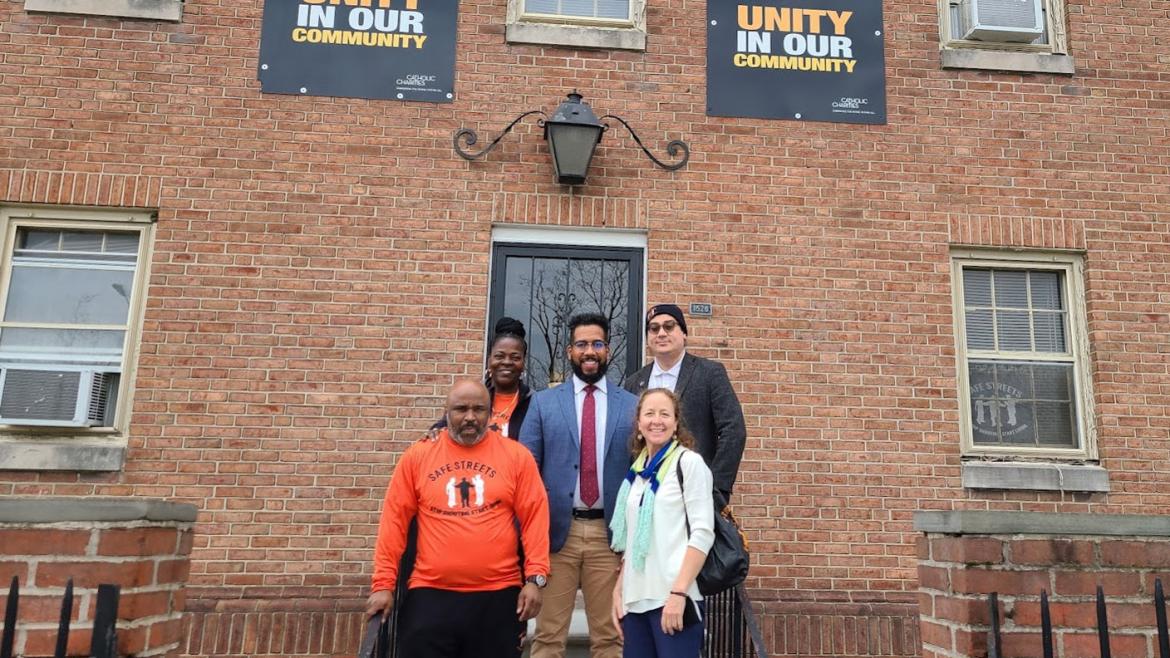Gun control, violence, and crime are evergreen staples of any politician’s platform. For the last three decades, presidents, lawmakers, and advocates have debated how to curb the epidemic of violence plaguing our nation. While federal policy is hotly debated on Capitol Hill, communities across the United States have simultaneously looked to address these challenges themselves.
Of the many community-based violence intervention and prevention programs being implemented in cities and towns across the country today, violence interruption has gained popularity.
These programs put violence interrupters—often called trusted or credible messengers—directly on the ground. These individuals are respected members of their communities, and they use their status to build trust and prevent violence, sometimes before it can even begin. This eliminates the need for over-policing and allows communities to grow and heal together.
These locally-led programs are impactful and cost-effective, and they deserve more federal support and funding from Congress.
Communities like Baltimore and New York City have received federal grants to set up these hyperlocal programs, and they have found success in a number of ways. For example, in 2015, researchers at the John Jay College of Criminal Justice and the New York Police Department compared areas with and without violence interrupter programs to determine their effectiveness. The study found that the presence of the violence interrupter programs was associated with an 18% drop in the homicide rate between 2010 and 2013. Homicides in comparison areas, by contrast, were 69% higher in 2013 than in 2010.
FCNL’s General Secretary Bridget Moix and Jose Woss, director for justice reform, visited violence interrupters in Baltimore, Maryland, to learn more about their work. After seeing the success of the program, Bridget spoke about what she sees as the strength of this approach:
“Trust, credibility, and relationships are core pillars of the Safe Streets Baltimore program and other programs around the country like it,” said Moix. “Local violence interrupters are able to respond quickly to potential incidents and de-escalate the situation, while building relationships and strengthening community resilience over time. These locally-led programs are impactful and cost-effective, and they deserve more federal support and funding from Congress.”
With mounting evidence that violence interruption works, it’s no surprise that even President Joe Biden has taken notice. In speaking about his administration’s plans to address gun violence, he named investing in community violence intervention as part of the solution.
His remarks were reinforced by the President’s FY2023 budget proposal, which included $69 million for community violence intervention grants, with $14 million for community-based violence prevention programs. Congress, for its part, recently passed a spending package that included $50 million for community-based violence intervention. These are encouraging steps that need to be sustained.
Violence interrupters offer an evidence-based way to prevent crime in local communities without the need for police escalation. These programs are making a difference. By more consistently funding these efforts, Congress and the administration have an opportunity to meaningfully invest and grow these programs that sustain the health of communities and can lead to lasting communal change.

